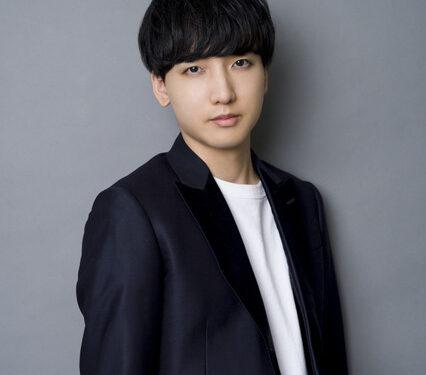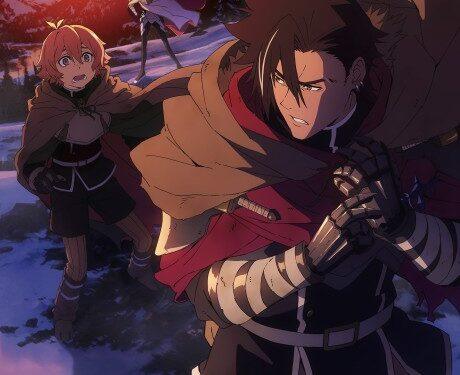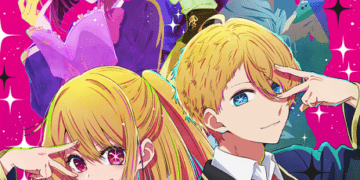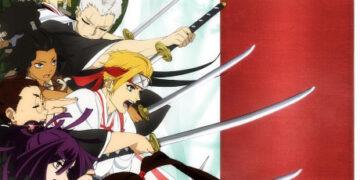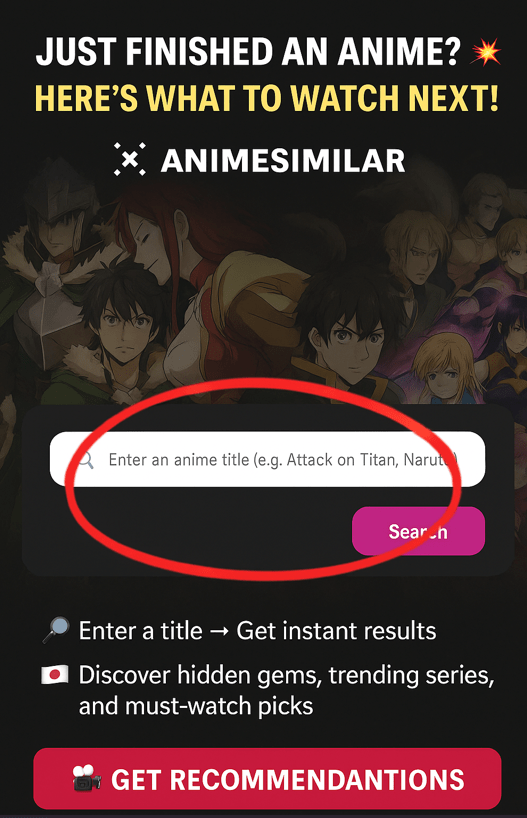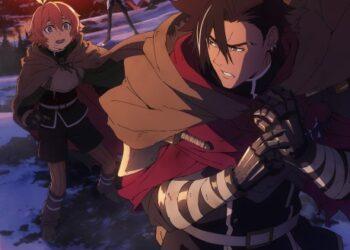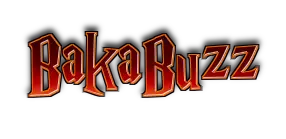The Fascination Behind “Attack on Titan”: An In-Depth Look
Few anime series have captivated global audiences quite like “Attack on Titan.” Known in Japan as “Shingeki no Kyojin,” this groundbreaking series has stood out with its intense storytelling, complex characters, and gripping action sequences. As the anime draws closer to its final arc, fans and newcomers alike continue to be intrigued by its rich narrative and cultural impact.
The Story and Its Unique Appeal
“Attack on Titan” is set in a dystopian world where humanity is on the brink of extinction, besieged by gigantic creatures known as Titans. These horrifying beings devour humans without reason, forcing the remnants of humanity to seek refuge behind enormous walls. The story begins with a breach in these walls, leading to the tragic loss of protagonist Eren Yeager’s mother. This incident ignites Eren’s vow to eliminate every Titan, setting off a journey filled with epic battles and jaw-dropping revelations.
The series has been praised for its unflinching exploration of themes such as freedom, oppression, and survival. Its narrative complexity and the moral ambiguity of its characters have resonated with viewers worldwide, allowing “Attack on Titan” to transcend the usual boundaries of the shounen genre.
Global Impact and Acclaim
Since its debut in 2013, “Attack on Titan” has amassed a massive international fanbase. It has been lauded for its stunning animation quality—particularly during crucial battle scenes—as well as its soundtrack, composed by the renowned Hiroyuki Sawano. The music’s epic scale complements the grand intensity of the series, enhancing the viewing experience remarkably.
The anime’s success has also extended to various forms of media, including movies, video games, and manga, further cementing its place in pop culture. Additionally, the manga, written and illustrated by Hajime Isayama, reached a milestone with over 100 million copies sold worldwide, making it one of the best-selling manga series of all time.
Anticipation for the Final Season
As “Attack on Titan” approaches its concluding episodes, fans are teetering between anticipation and nostalgia. The final season, split into multiple parts, promises to tie up loose ends and deliver answers to long-standing questions, potentially solidifying the series’ enduring legacy.
Speculation about the series’ conclusion has fueled discussions and theories within the anime community. With director Yuichiro Hayashi at the helm for the final season, viewers are expecting an unforgettable climax to Eren Yeager’s tumultuous journey.
The Broader Influence of “Attack on Titan”
Beyond entertainment, “Attack on Titan” has sparked rich discussions around historical and socio-political allegories, prompting further scholarly analysis. Critics and fans alike have drawn parallels to historical events and philosophical concepts presented in the series, broadening its appeal beyond typical anime demographics.
The show’s multifaceted themes have encouraged audience members to reflect more deeply about the real-world issues like war, power dynamics, and the nature of humanity. Such depth in storytelling invites viewers from diverse backgrounds and encourages richer engagement with the series.
As we eagerly await the series’ finale, “Attack on Titan” continues to hold its position as a monumental pillar in anime history, celebrated for pushing narrative and aesthetic boundaries.
Source: animeanime.jp

